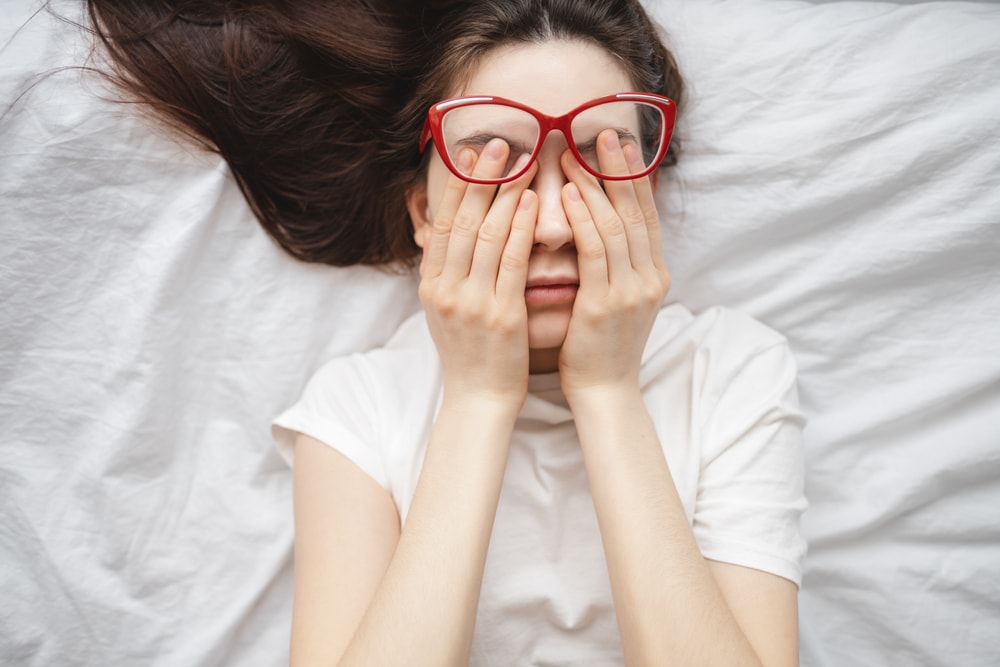According to the New York Post, more than 60% of Americans rarely feel rested and energized in the morning. Feeling restless could be due to several reasons, but there are more causes for fatigue than you think. Do you feel more fatigued with each passing day? There might be something wrong with your metabolism. You may need to make a lifestyle change to help your body get back into sync to have the energy you need to get through your day. The problem lies with finding out what’s causing you to feel so tired every day.
Keep reading to review 25 of the most common causes of feeling fatigue every day. Hopefully, this can lead you to examine your life and take the steps necessary to eliminate these issues from your life to feel more well-rested. A few problems may require a simple lifestyle change, while others may need you to seek more serious solutions to help with your mental health. Here are the twenty-five causes as to why you’re constantly feeling fatigued.

25. Childhood Trauma
Events that occur in childhood can shape your life as an adult, including traumatic events. Even today that can affect your health and predispose you to develop chronic fatigue syndrome. Chronic fatigue syndrome is a complicated disorder characterized by extreme fatigue that lasts more than six months. Fatigue tends to worsen with physical or mental activity, but sleeping doesn’t improve. Other symptoms can include difficulties with memory and concentration and dizziness that worsen when you sit or stand from a lying-down position.
Childhood events that can lead to extreme fatigue include physical, sexual, or emotional abuse. Others include substance abuse within the household, witnessing violence, experiencing emotional neglect, etc. Any incident during childhood that causes a great deal of stress is bound to exacerbate chronic fatigue syndrome as an adult. Why? Because stress places the body in the “fight or flight” position for extended periods. When it happens too frequently, the body doesn’t know how to rest. That leads to hypercortisolism; the body produces too much cortisol and doesn’t know what to do.
